Dorsey & Whitney LLP

Dorsey & Whitney LLP
he construction industry is no stranger to challenges, but the recent surge in tariffs on essential building materials—steel, aluminum, and lumber—has introduced a new level of complexity.
President Donald Trump’s second term in office has been defined, in part, by a series of sweeping trade negotiations aimed at reshoring US manufacturing and reducing trade deficits. For Alaska’s construction community, where supply chains are intricate and logistics are often remote, the financial implications are acute.
To safeguard against financial uncertainties introduced by changing tariffs, project stakeholders should select the contract pricing model appropriate for the work and caresfully negotiate provisions that shift the risk of tariffs to the party best positioned to shoulder it.
- Fixed Price Contracts: Under this model, the contractor agrees to complete the project for a predetermined price. While this model provides cost certainty for the owner, it places the risk of cost increases—such as those arising from tariffs—entirely on the contractor. Absent specific contractual provisions addressing tariff-related cost escalations, the contractor may be compelled to absorb such increases, potentially impacting profitability.
- GMP Contracts: In a GMP arrangement, the owner reimburses the contractor for its actual costs incurred plus a fee, with the total not exceeding a specified maximum price. If tariffs suddenly raise material costs, contractors may be forced to absorb the difference, threatening their profitability on the project.
Because both pricing models are premised on setting a ceiling for the cost of the work, it is imperative to address tariff-related risks during contract negotiations, as many standard construction contracts (i.e., American Institute of Architecture forms) are silent on how to manage such risks. As a result, it is common for parties to revise certain contract provisions to address specific issues, including potential impacts and work delays caused by tariffs.
- Advanced Procurement: For projects with long lead times, early procurement of materials can help avoid delays and mitigate the impact of future tariff increases. Contracts should specify procurement timing, storage responsibilities, and insurance requirements. In Alaska, where delivery logistics are complex, early procurement is a prudent strategy to avoid seasonal or tariff-driven cost spikes. Parties should confer with their insurance broker to determine whether their builder’s risk policy covers materials in transit or stored off-site. If not, stakeholders may want to consider purchasing additional coverages to ensure that long lead items are insured before they arrive at the project.
- Contingency Clauses: Incorporating a contingency clause allows parties to agree to increase the overall contract price by a specified amount when certain events occur, such as material price escalations due to tariffs. If the contingency is not exhausted, savings are typically shared between the owner and contractor. This provision helps distribute the risk of price uncertainty between both parties.
- Change-in-Law Provisions: Tariffs are often categorized as changes in the law. Including a change-in-law provision in contracts allows for adjustments if new tariffs are enacted after the contract’s execution. This provision enables contractors to shift the risk of price increases due to new laws to the owner. To ensure entitlement to such adjustments, contractors should ensure that the contract’s change-in-law provisions explicitly include tariff language.
- Force Majeure Clauses: Force majeure clauses often cover events labeled as “acts of god,” and include both natural and man-made events like fires, floods, storms, war, and labor strikes. These provisions shift the risks associated with certain unforeseeable events that are not the fault of either party. It is common for these provisions to only address time impacts and not price adjustments. Like other force majeure events, changing tariffs can cause both delays and cost impacts to contractors. Savvy parties should consider including tariff-specific language in their force majeure provisions and specify whether the contractor is entitled to additional time and compensation if tariffs impact the work.
For additional support navigating changes in trade policies, members can access the Associated General Contractors of America’s Tariff Resource Center at agc.org/tariff-resources-contractors. This online portal is tailored to the construction industry’s needs and includes educational materials, a memorandum outlining strategic approaches for managing price escalations and contractual adjustments, and model contract provisions.
